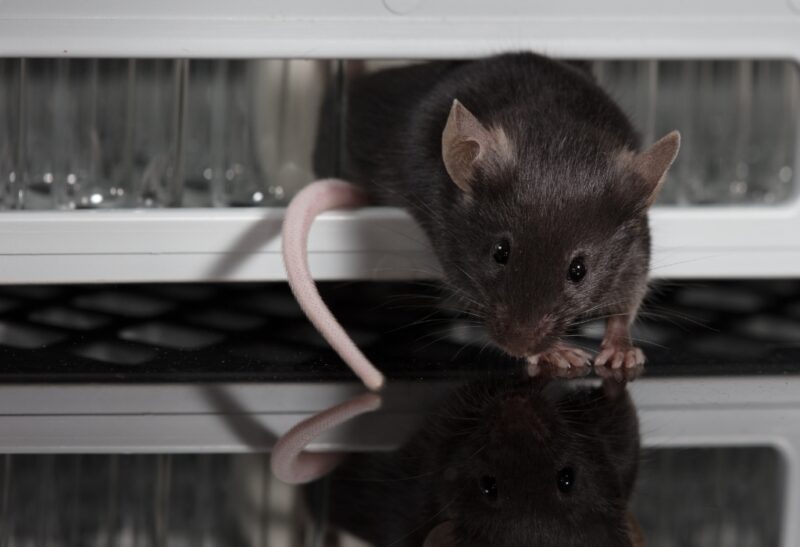Mice noises are a form of communication between these small rodents and can indicate various emotions and situations, such as fear, distress, or mating signals. Understanding these noises can help in dealing with a mice infestation or identifying their presence in your home.
In this article, we will dive deeper into the world of mice noises, covering topics such as the various types of sounds they make, how to scare mice away with noise, and effective ways to eliminate them from your living spaces. Get ready to become an expert in mice language!
Table of Contents
Do Mice Make Noise?
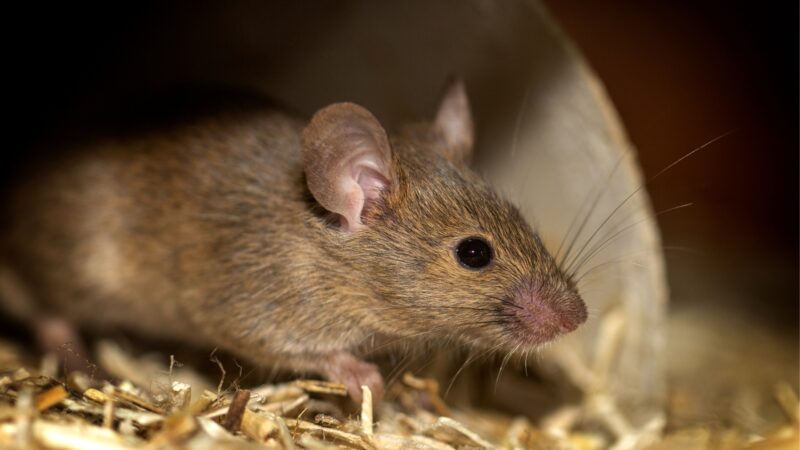
Do Mice Make Noise When Trapped?
Mice often make noises when trapped. They may squeak or produce scratching sounds as they try to escape from their confinement. These sounds are usually signs of distress or fear, as the trapped mouse struggles to break free.
What Noise Do Mice Make When Scared?
When scared, mice tend to emit high-pitched squeaks. This is their way of alerting other mice to potential danger or expressing their fear. In some cases, you may also hear mice running and scratching along surfaces to flee from a perceived threat.
What Do Mice Sound Like at Night?
Mice are nocturnal creatures, and their sounds are more noticeable at night when the surroundings are quieter. At night, you may hear a combination of squeaks, scratching, and scampering sounds as they move around your home, forage for food, or communicate with other mice.
Do Mice Squeak When Dying?
Mice may let out a faint squeak when they’re dying, but this isn’t always the case. A dying mouse may not have the energy to make a noise or may simply pass away silently.
Do Mice Squeak When They Are Alone?
Mice can sometimes squeak when they’re alone, but it’s less common. They usually make noises to communicate with other mice or when they’re in distress, scared, or searching for a mate. However, a lone mouse may still vocalize occasionally for various reasons.
What Kind of Noises Do Mice Make?
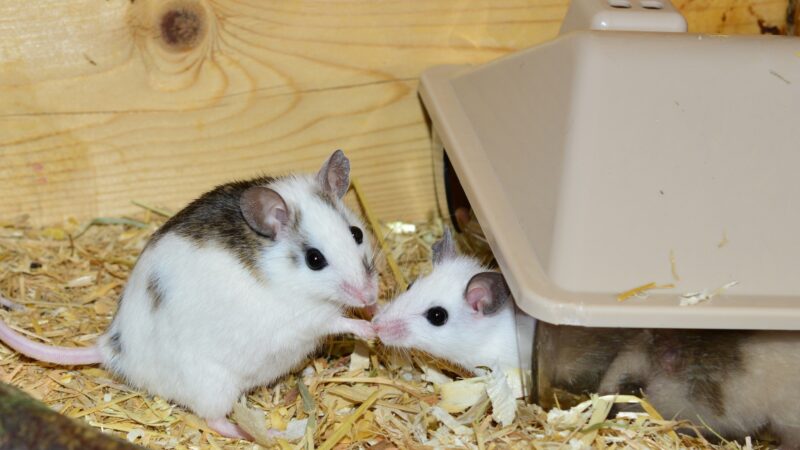
Do Mice Make Squeaking Noises?
Mice are known for their characteristic squeaking noises. They use these high-pitched sounds to communicate with other mice, especially during mating or when expressing fear, stress, or excitement.
Do Mice Make a Vibrating Noise?
Mice can produce a vibrating or chattering noise, often referred to as “bruxing.” This sound is created when a mouse grinds its teeth together. Bruxing can be a sign of stress, contentment, or even a dental issue.
How to Scare Mice Away With Noise?
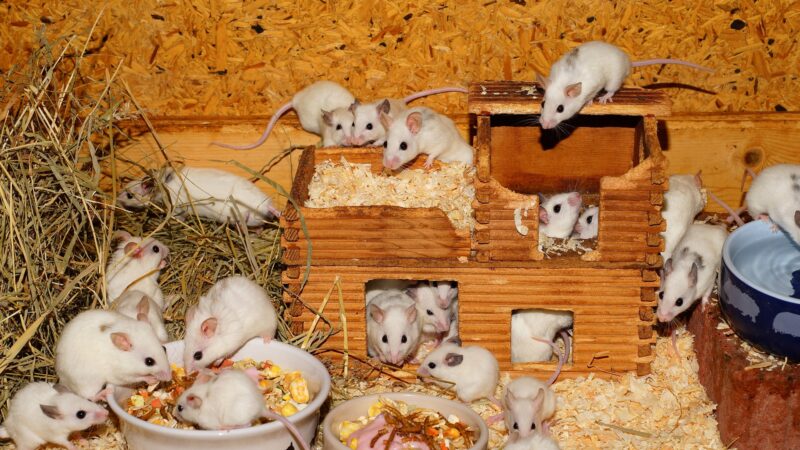
Are Mice Afraid of Noise?
Mice can be afraid of loud or sudden noises, as they perceive them as potential threats. However, they may become accustomed to certain sounds over time if they don’t pose any actual danger.
What Noise Scares Mice Away?
To scare mice away with noise, you can try using ultrasonic devices, which emit high-frequency sounds that are inaudible to humans but can cause discomfort to mice. Alternatively, loud, sudden noises like clapping or banging on surfaces can temporarily frighten them away.
How to Get Mice to Stop Making Noise?
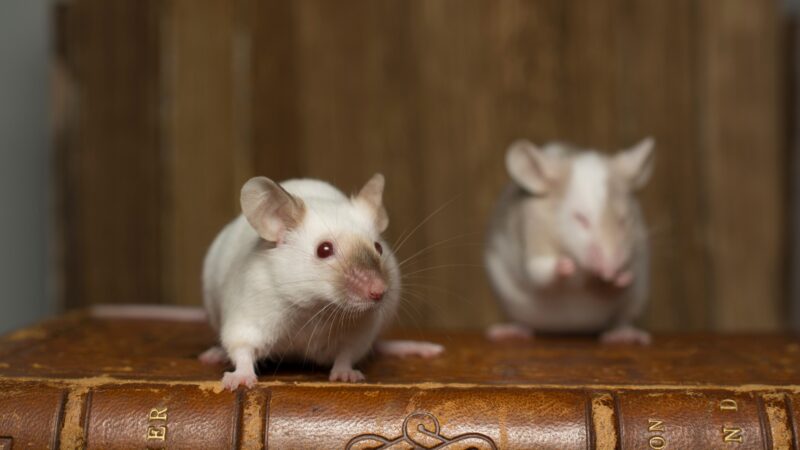
To get mice to stop making noise, you need to address the root cause of their presence in your home. This may involve eliminating food sources, sealing entry points, and using traps or other methods to remove the mice.
How to Get Rid of Mice?
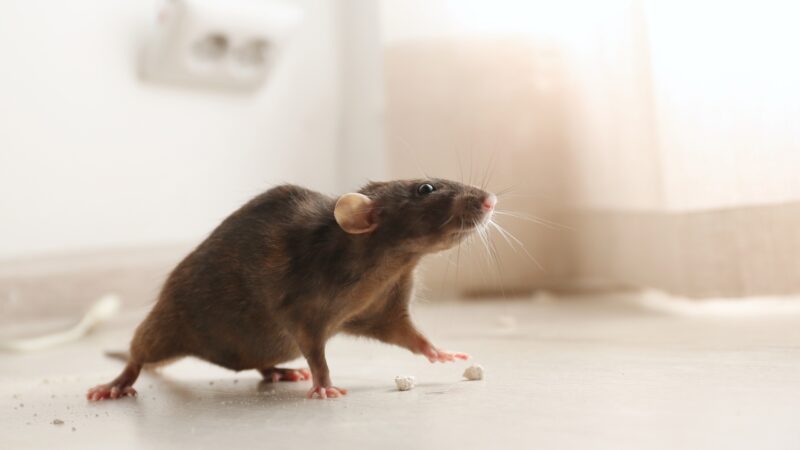
Getting rid of mice involves a combination of strategies, such as:
- Sealing entry points to prevent new mice from entering your home
- Removing food sources by keeping your home clean and storing food in airtight containers
- Using traps, such as snap traps, live traps, or glue traps, to catch the mice
- Employing repellents like peppermint oil or ultrasonic devices to deter mice from certain areas
- Enlisting the help of a professional exterminator if the infestation is severe or persistent
How to Prevent Mice From Coming Back?
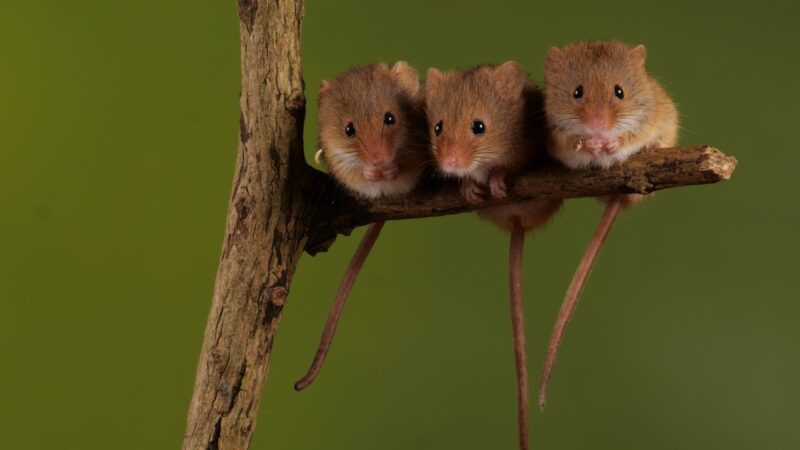
To prevent mice from coming back, follow these steps:
- Maintain a clean and clutter-free home, as mice are attracted to areas where they can hide and find food easily.
- Seal any gaps or cracks in your home’s walls, floors, or foundations to prevent mice from entering.
- Regularly inspect your home for signs of mice activity, such as droppings, gnaw marks, or nests.
- Store food in sealed containers and promptly clean up any spills or crumbs.
- Keep outdoor areas clean and tidy, and avoid leaving pet food or birdseed out overnight.
List of Sources
Identify and Prevent Rodent Infestations. (2022). United States Environmental Protection Agency.
Nutt, D. (2023). Imaging captures social dynamics of ‘pee-shy’ mice. Cornell University.
Why Mouse Matters. (2010). National Human Genome Research Institute.
